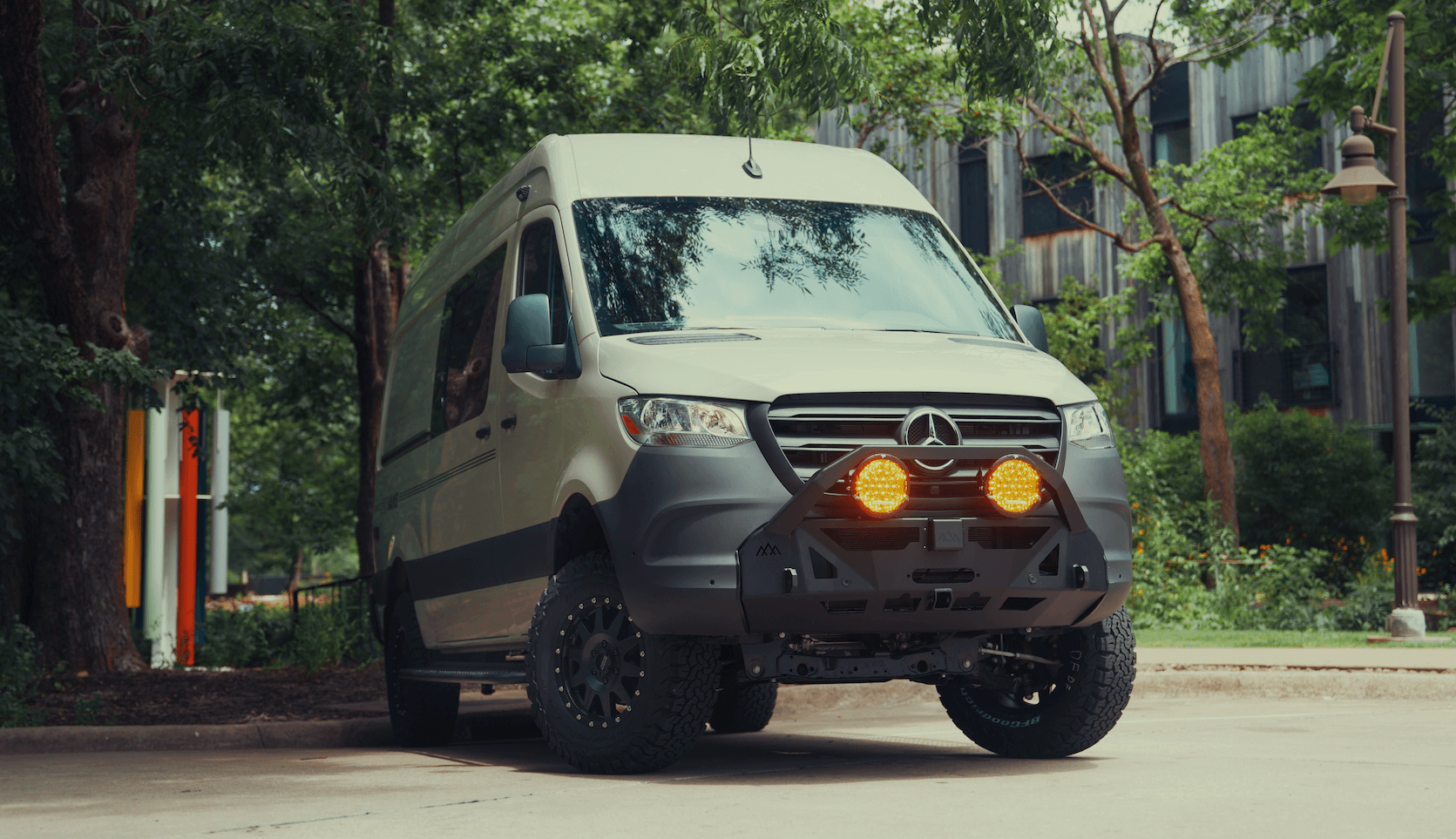Recreational Vans

Financing van life usually starts with the vehicle itself. Most banks and credit unions offer standard auto loans for vans with a clear title and book value. If the rig is already a completed camper that a lender classifies as an RV, an RV loan may apply, often with longer terms but sometimes higher rates and stricter underwriting. Some buyers also bridge gaps with personal loans, which are faster to secure but can carry higher interest and shorter terms.
Approval hinges on familiar factors. Lenders look at credit score, debt to income ratio, employment and income stability, and verifiable collateral. A down payment of ten to twenty percent can lower interest and monthly cost, and it signals strength to a lender. Terms commonly range from 36 to 84 months for auto loans, and sometimes longer for RV loans, though longer terms increase total interest paid.
Expect to document the van’s value. Banks lean on guides like book value and comparable sales for mainstream platforms. If the vehicle is highly modified, some lenders struggle to assign value to custom work, which is why many buyers finance the base van first, then add upgrades with cash saved, a separate loan, or a builder supported path that keeps the chassis financeable. Always ask the lender in advance how they handle modifications and aftermarket work.
Financing is only part of the picture. Build timing matters. Some buyers purchase a van first, drive it for a season, then upgrade once they understand real travel needs. Others plan the build up front and ensure the chassis is financeable before the first bolt turns. The right sequence protects your lending path and keeps the project on schedule.
A workable plan covers the full cost of ownership. Insurance on a converted van can be different from a basic cargo van, so get quotes that reflect the actual configuration. Add registration, taxes, park passes, and roadside assistance. Maintenance may increase if you add larger tires, suspension components, or heavy electrical systems. Expect fuel changes from added weight and roof accessories. If you plan to work remotely, factor mobile internet, power storage, and, if needed, satellite connectivity.
A simple exercise helps: set a target monthly range for the total van life budget, not just the loan payment. Include fuel, insurance, maintenance, campground fees, storage, and a reserve for repairs. This prevents surprise strain and strengthens your position with lenders because you can show a clear, responsible plan.
Also consider resale. Mainstream platforms with verifiable service records and sensible upgrades tend to retain value better. Keep build documentation, part lists, and wiring diagrams. This increases buyer confidence later and can help with insurance claims.
Improving your score even by a small margin can nudge your rate down. Pay down revolving balances, correct errors on your report, and avoid new inquiries before you apply. A larger down payment can unlock a better approval and reduce total interest.
Longer terms lower the monthly bill but increase interest paid over time. Run both short and long term scenarios and see how they affect your five year cost. Choose the one that balances cash flow with total cost.
New vans offer warranty coverage and easier book value, while used vans can lower upfront price. Shop service history and pre purchase inspections, especially if you plan to travel far from service centers.
If you want a finance friendly path, start with a chassis that banks understand, then choose a build that fits your budget and travel goals. OZK Customs can help you evaluate recreational adventure vans, outline a clear custom build process, and select financeable van platforms with documented value. That way, the base vehicle is easy to fund, and the finished rig is organized, serviceable, and ready for miles.
This is not financial advice; always consult your lender. But if you want a partner who understands how to move from approval to keys to first campsite, we are ready.
Tell us your target budget, your timeline, and the places you want to wake up next month. We will help you pick a platform, design a right sized build, and hand you a rig that makes van life practical and possible.
Ready to turn a financeable van platform into a dialed adventure rig? Tell us your budget and timeline. OZK Customs will help you choose the right platform, scope a build that fits your payment comfort zone, and deliver a road ready van. Start your build consult now.
ADDRESS:
6159 E Huntsville Rd, Fayetteville, AR 72701
PHONE:
(479) 326-9200
EMAIL:
info@ozkvans.com